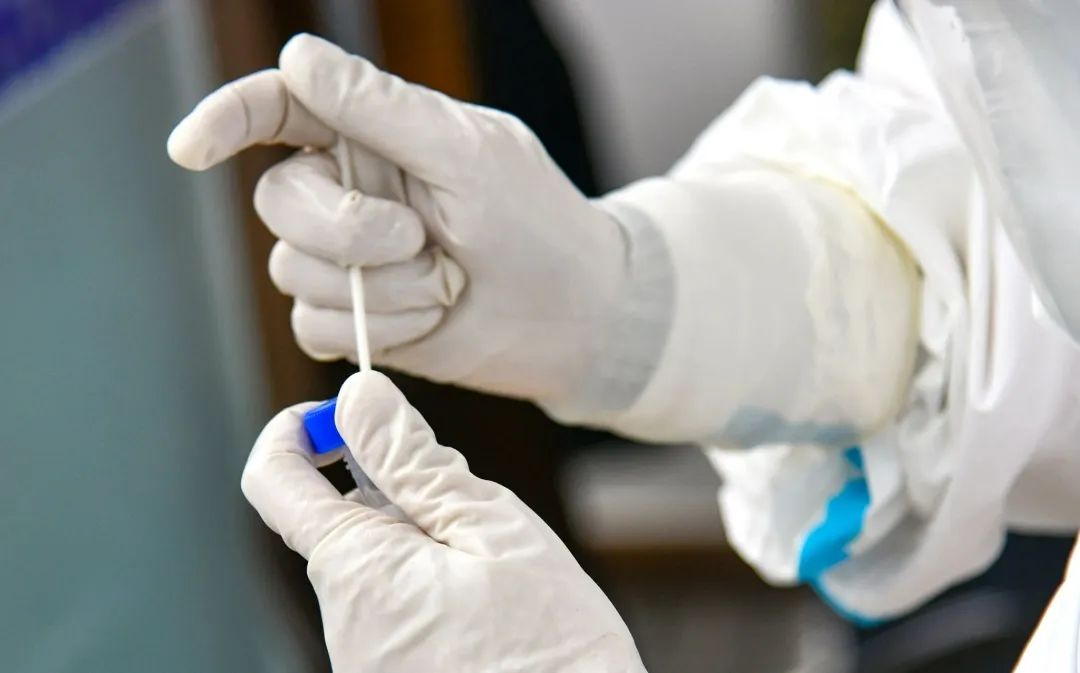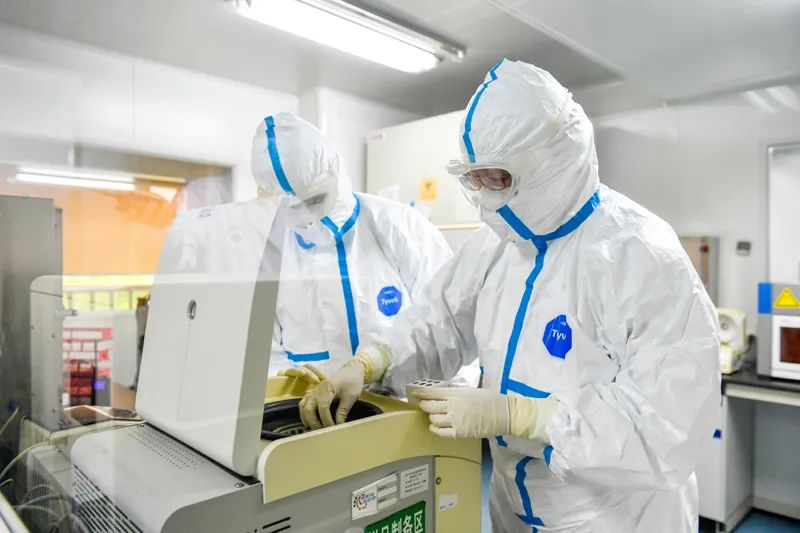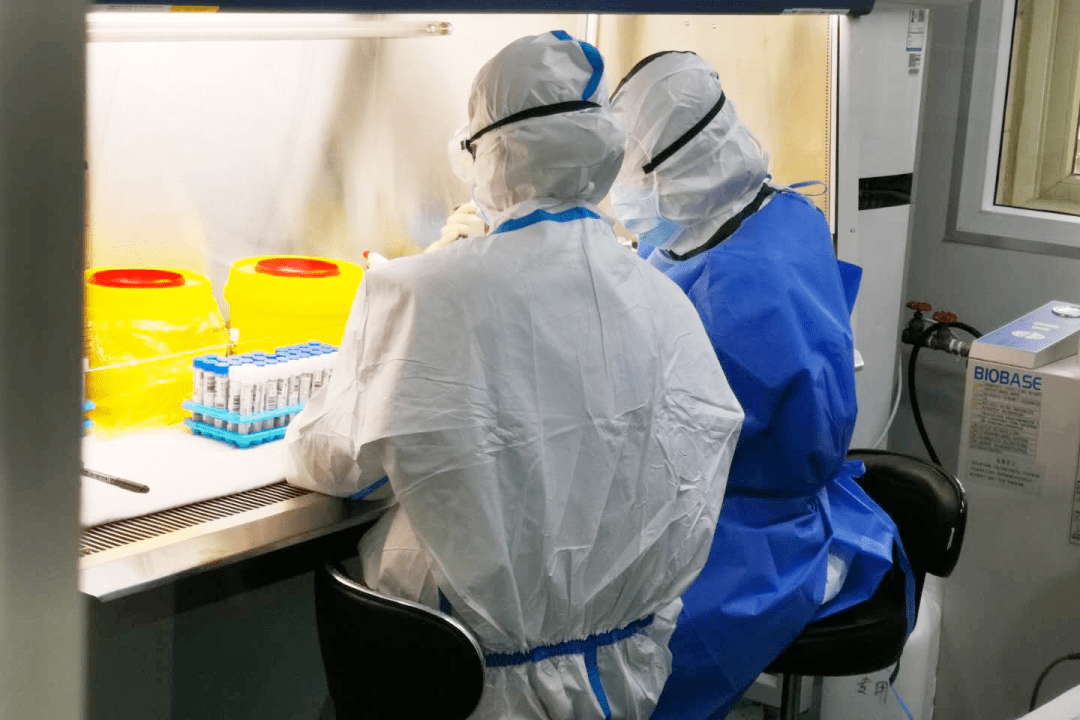How Do Smallest Businesses Survive Omicron Lockdowns?
 Beijing has rolled out tax relief and other beneficial policies such as more favourable loan rates and rent exemptions, rather than cash handoutsSome Omicron-hit regions such as Shanghai and Tianjin are also implementing local support measures, but analysts still expect a big hit to consumption
Beijing has rolled out tax relief and other beneficial policies such as more favourable loan rates and rent exemptions, rather than cash handoutsSome Omicron-hit regions such as Shanghai and Tianjin are also implementing local support measures, but analysts still expect a big hit to consumption 

Local governments will be encouraged to provide preferential power tariffs
Internet platform companies will be encouraged to reduce charges on small businesses that rely on the platforms
Various charges and other administrative fees will also be cut, and that could include money paid to government-backed trade associations, or port-management fees


